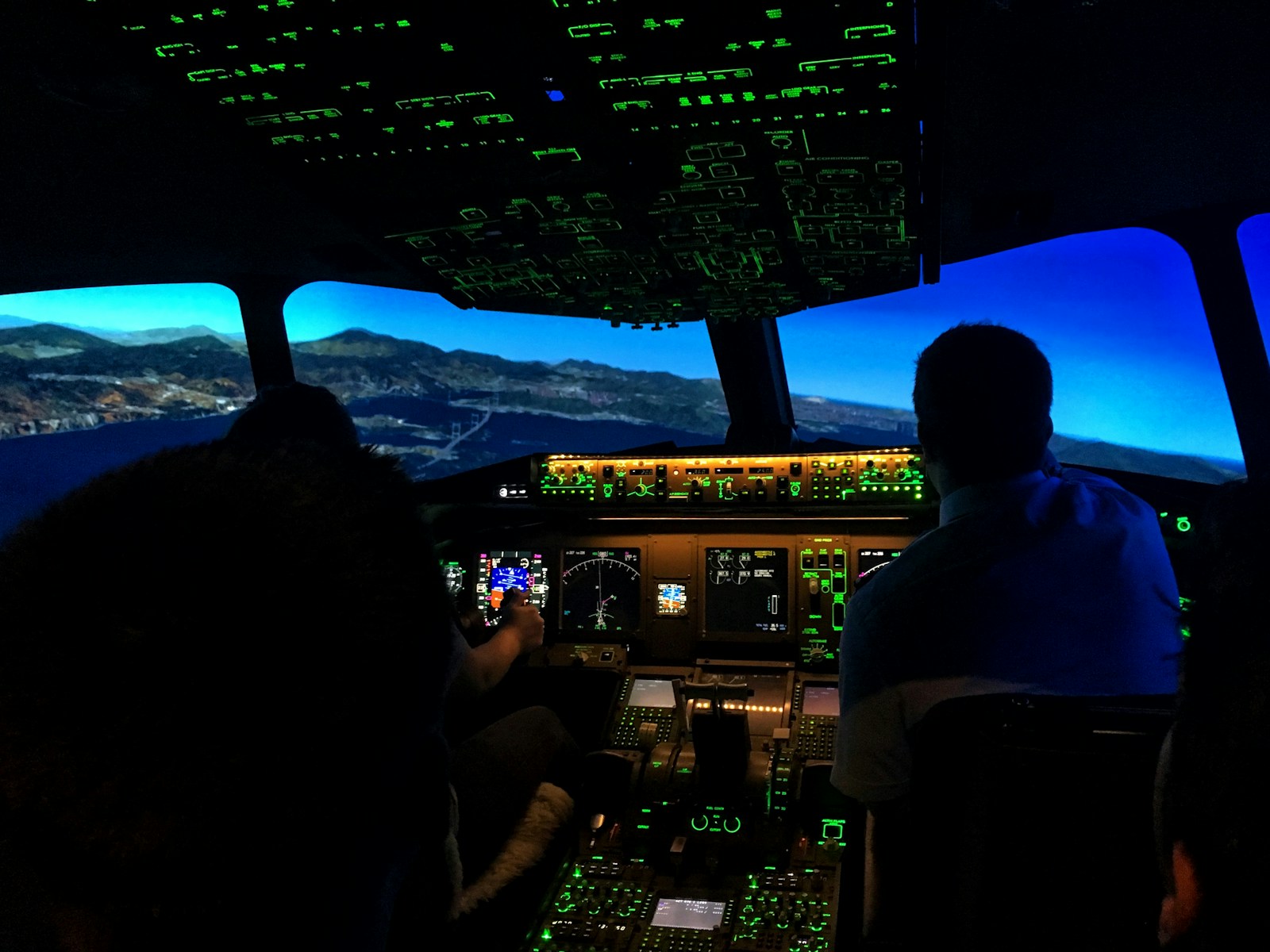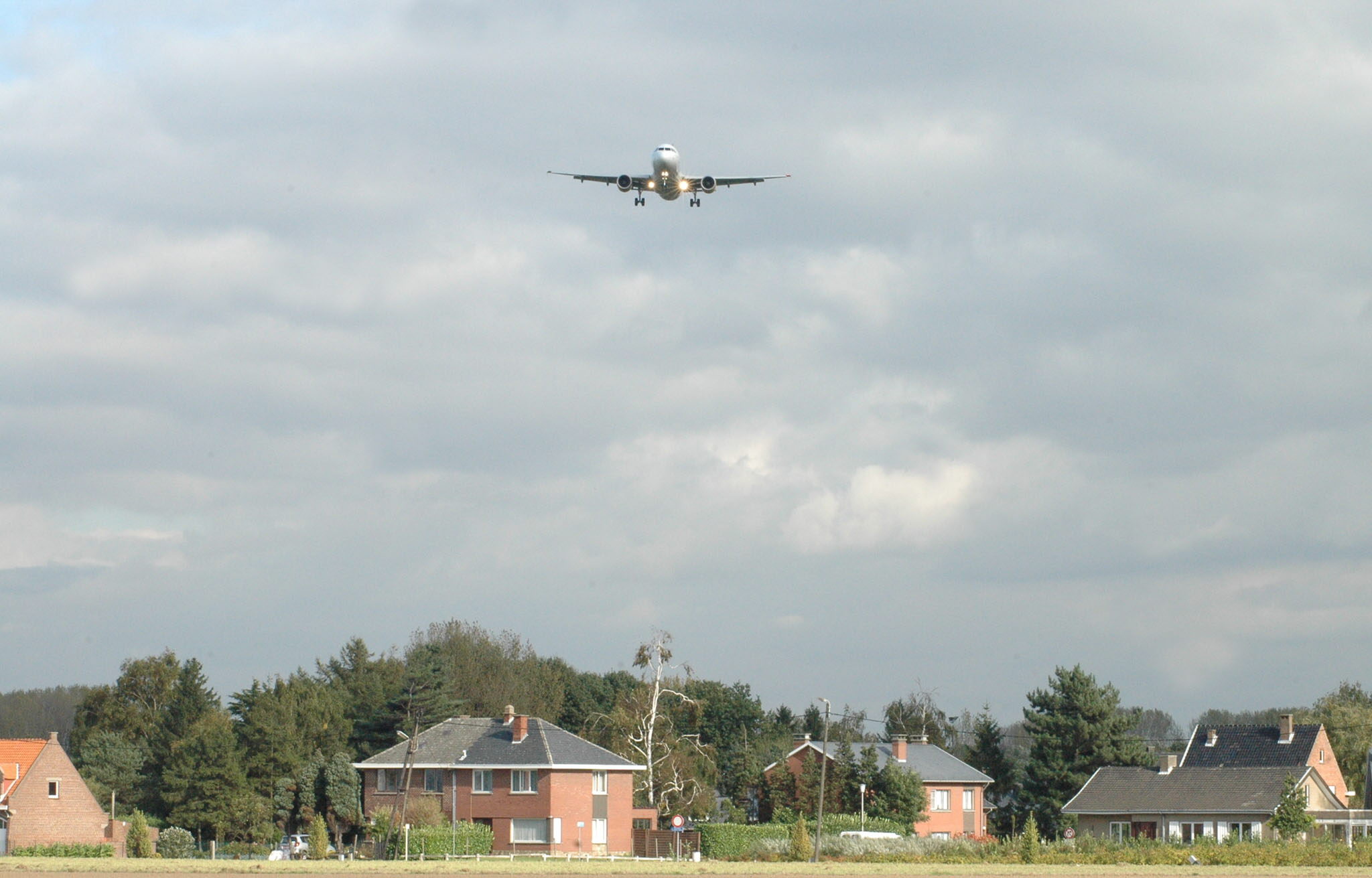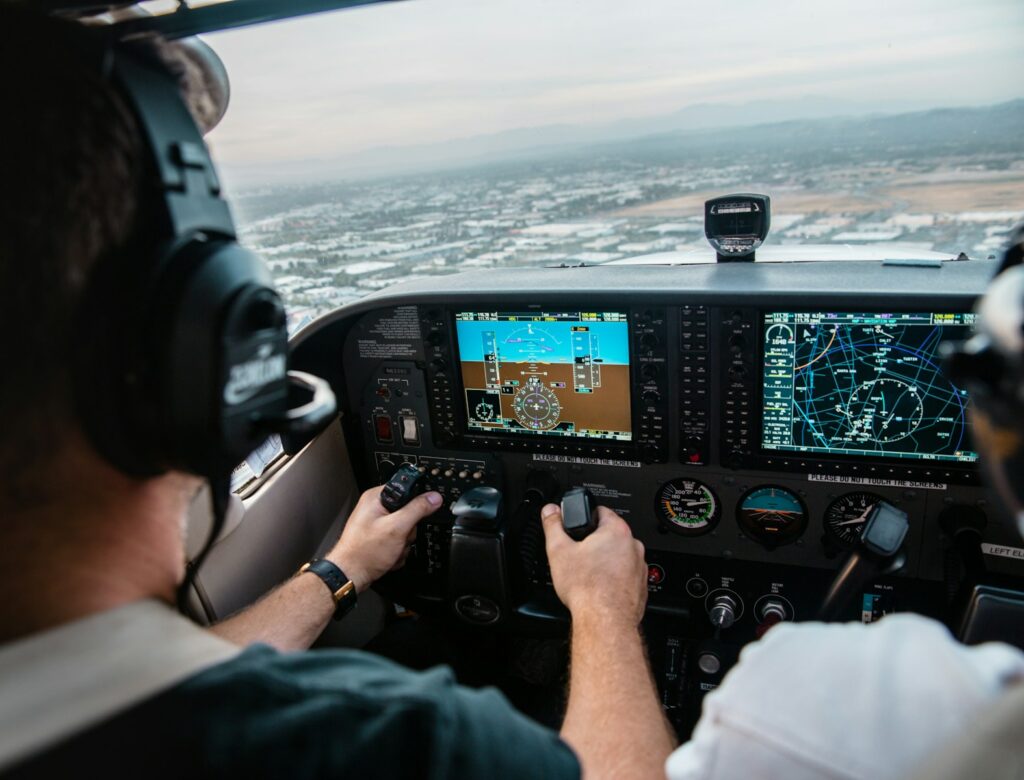European airline pilots are increasingly struggling with their work-life balance, as well as increasingly long working hours and awkward work contracts. Industry association experts are now warning that these stresses could be having a negative impact on safety.
In a survey of nearly 6,500 pilots from across the European aviation industry published in October 2024, pilots expressed concerns about the burden of work they were facing, especially during last year’s busy summer period.
“We’ve seen growing concern about work-life balance,” Sarah Kamer, Senior Transnational Airlines & Industrial Affairs Manager at the European Cockpit Association, told The Brussels Times. “Pilots are often flying at their maximum roster capacity, which contributes to fatigue and dissatisfaction."
In the summer of 2022, following a strong recovery in demand for airline travel, European airline pilots reported that they had been stretched to their limit and exploited by poor labour regulations. The aviation period was severely disrupted by labour disputes between cabin crew and unions, particularly at airlines Ryanair, British Airways, easyJet and Brussels airlines, over poor pay and major cutbacks made during the pandemic.
These pressures often came at the cost of safety, the ECA warned at the time, with senior pilots noting that precarious working conditions, cost-cutting and other workplace pressures had led to an accumulation of incidents which seriously risked passenger safety.
High-stress and irregular contracts
While demand for international travel has eased since the busy post-Covid period, the conflict between pilots and management continues. Airlines ranked among the worst employers for their social conditions by the 2024 ranking are routinely utilising irregular working contracts and employing anti-union practices against their pilots.
Pilots for the lowest ranked airlines also routinely complain that their employers regularly disregard the EU’s law of home base, whereby cockpit crew must be employed according to the legislation of the country where the airline is based, preventing airlines from shopping around for countries with lax legislation.
“High inflation has made it even more difficult for pilots to recover their pre-Covid terms and conditions, as simply returning to those levels is no longer enough,” the ECA official said.

Credit: Jan Huber / Unsplash
In the survey, pilots complained anonymously that precarious work contracts, often through agencies outside of the EU, negatively affected their working conditions. Others complained of unpaid holiday time, gruelling work time, and poor relations between pilots and management. Alarmingly, one pilot told the ECA said that his airline encouraged their pilots to “shut up and work”, “don’t complain” and that “fatigue does not exist in this company.”
These comments raise serious concerns about the impact of labour conditions in the aviation sector and routine safety. “Pilots in airlines with weaker labour protections report feeling pressured to use commander's discretion or fly at their limits, which raises safety concerns,” Kamer said. “We’ve gathered testimonies from pilots saying they don’t feel free to speak about safety issues.”
Research conducted by the London School of Economics and University of Ghent suggests that pilots in financially insecure or exploitative work contracts often feel pressured to work even when they are ill, for fear of missing out on pay. “This can have serious safety implications,” Kamer warned.
It is unsurprising that some of the best rated airlines among pilots, both for their social conditions and employee-management relationships, are statistically among some of the safest in Europe.
For example, Dutch flag carrier KLM has consistently been ranked by pilots as the best airline to work for due to its strong relationship with Dutch Pilots’ Union VNV and “constructive bargaining relationship.” It is routinely ranked among the world’s safest airlines. All of the ECA’s top 10 airlines enjoy a flawless safety rating with aviation site AirlineRatings.
Low-cost and low satisfaction
Low-cost airlines are typically assessed negatively by employees, yet the ECA argues that this need not be the case. Low-cost Spanish airline Vueling ranked as the 10th best employer for pilots last year despite its competitive pricing. The airline has strong relations with unions. Pilots said that they had a “good collective agreement” which protected their working conditions, although concerns still abound over flight time limitations.
“Low-cost doesn’t necessarily mean poor working conditions. For example, easyJet has a strong relationship with its unions and a positive approach to collective bargaining, which translates into higher satisfaction among its pilots,” Kamer argued. The low-cost airlines condemned by the survey were those that relied on atypical contracts.

Credit: Belga / Jacques Collet
Many low-cost airlines have pushed back against legal rulings to recognise pilots as workers rather than self-employed contractors. In 2023, Belgian-based pilots successfully sued the same airline to have their working conditions brought up to the standards set out by Belgian law, ensuring rights such as back holiday pay and salary indexation.
In 2024, Ryanair lost a legal appeal over an Employment Appeal Tribunal decision that a pilot hired through an employment agency worker could not be classified as “self-employed”, and instead a worker for the airline, entitling him to many social rights.
The ability for pilots to have access to union representatives, and thereby collective bargaining rights with their employer, made a “huge difference” in terms of satisfaction. The survey noted that pilots with Ryanair expressed improved satisfaction with their employer last year. “While marginal, it reflects progress in recognising unions and engaging in collective bargaining,” she said.
Related News
- Tourists with package holidays entitled to compensation for flight delays
- Ryanair calls on Belgian Government to scrap plans to increase aviation tax
- Unsafe, underpaid: Why security guards in Belgium are joining the strike today
Pilots are also now seeking support from airlines to regain their social security and ensure workable rosters. New employment is desperately needed in the airline industry, as there is currently a global pilot shortage, driven by retirements and the expansion of airlines post-Covid pandemic.
According to Avia Solutions Group, there is a forecasted global need for 649,000-674,000 new pilots from 2024 to 2043. Despite this, Kamer complained, many airlines are focusing on shifting the growing workload onto existing staff rather than growing their pilot intake programmes.
“Airlines keep talking about a pilot shortage, yet the pilots currently employed are being pushed to their limits rather than seeing improved conditions to attract new talent,” the ECA expert stated. “The key tension right now is that pilots made sacrifices to keep airlines afloat during Covid, and now they’re struggling to regain lost conditions.”

